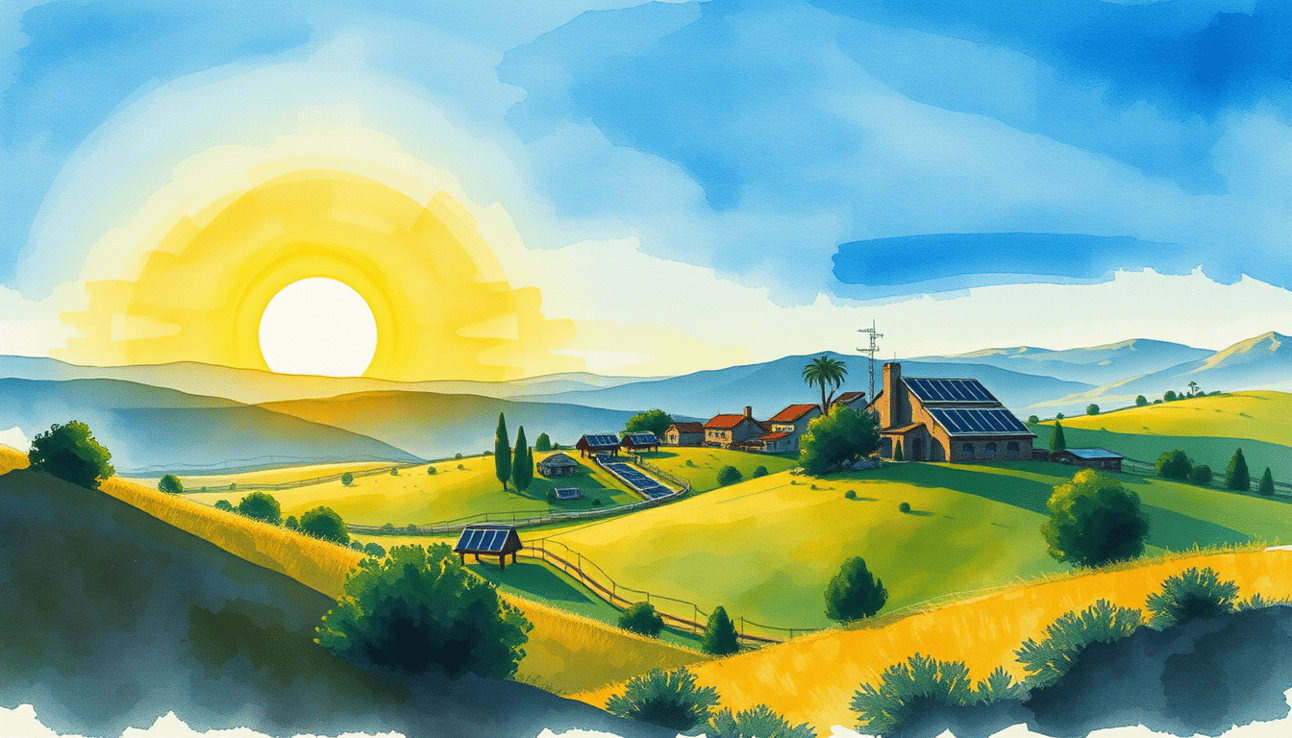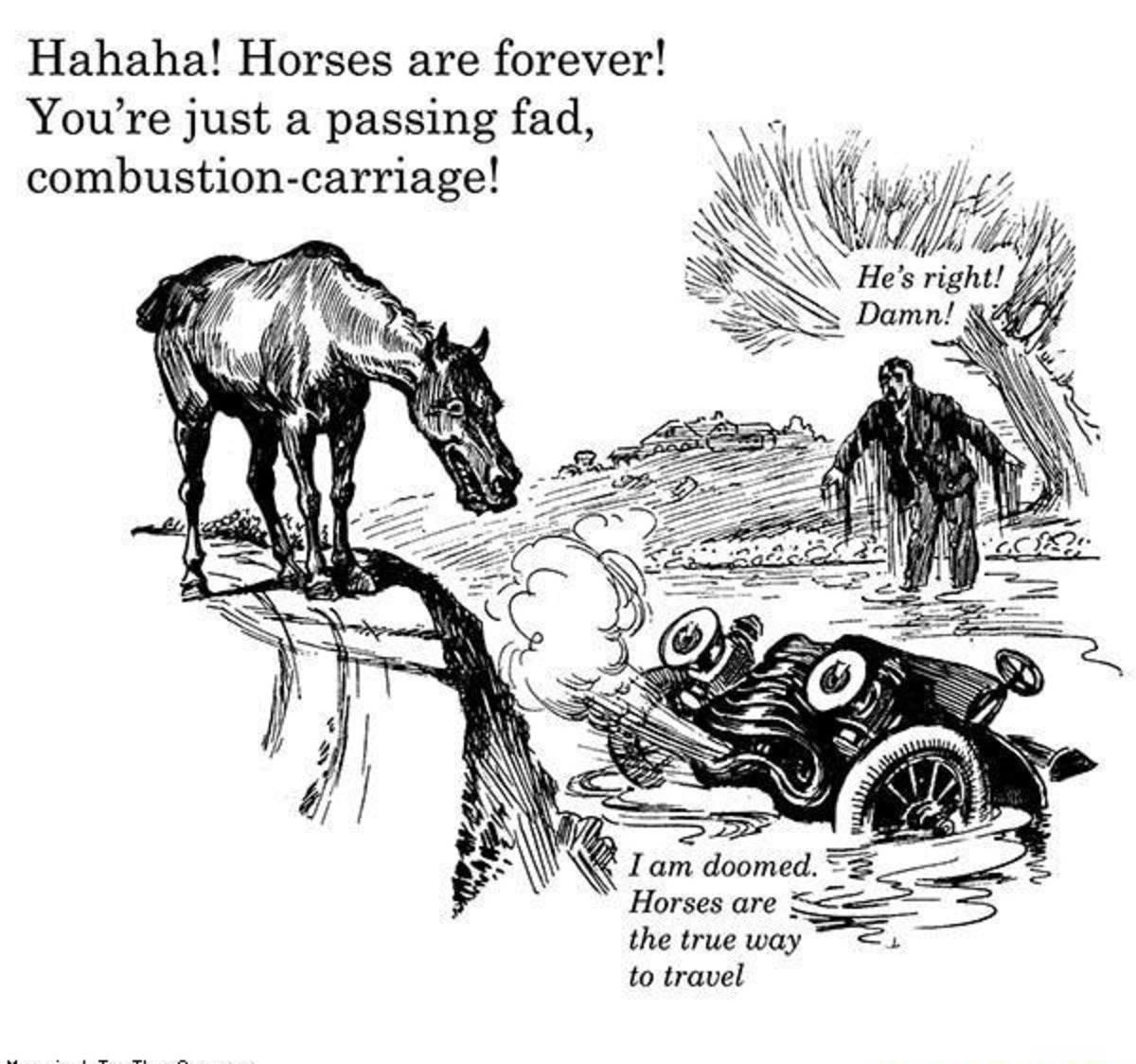- a newsletter
- Posts
- The Year of the Village
The Year of the Village
Plan for what is difficult while it is easy, do what is great while it is small.

Every December, I pick a theme to be a guidepost or framing for the sort of things I’d like to do and work on in the upcoming year. Think of themes as a “lens” through which to evaluate your activities. A good place to start if you’re unfamiliar but intrigued and desire to know more is this video by CGP Grey.
Almost dead yesterday, maybe dead tomorrow, but alive, gloriously alive, today.
You never know when you’re going to get hit by a bus, and 2024 is another year I managed to avoid this catastrophe— on that front alone, it was an exceptional year.
I figure every successful rotation around the sun without a major accident is a win— because being alive and relatively healthy is a goddamn gift. But 2024 has been a good year for me even beyond this win. I advanced professionally, got married, visited Costa Rica, and moved to a new home that improved our lives and allowed us to remain in our little city by the sea. I wrote more in 2024 than I did the previous 2 years combined.
I’m grateful. It’s been a good year.
Yet, as we approach 2025, I feel anxious and even insecure. What I’ve accomplished and built feels fleeting and fragile, and the world seems increasingly chaotic.
Organized chaos is the world's natural state; I know this intellectually, and we are simply returning to that norm. America, as the unipolar hegemon enforcing economic and political stability worldwide, had a low probability of existing in perpetuity; after all, people are messy.
Yet despite knowing this intellectually, I can’t shake the feeling of nervous unease. How could I? There is such unaddressed social and institutional rot. Talk of a new nuclear arms race on the horizon and plenty of saber-rattlers claiming WW3 has already begun. Homelessness rose 18% in America while the rich have just continued to get richer, obscenely so.
”The top five wealthiest people in the world more than doubled their fortunes from $405 billion to $869 billion since 2020, growing at a rate of $14 million per hour.”
And while the republican coalition of classical neocons, techno-libertarians, and national conservatives is already going at each other with swords drawn— Trump will still be president through 2028, and we don’t yet know what exactly he is going to follow through on and what was pandering to get votes.
What’s a guy to do?
The Village
I’m an ordinary person. I work for a small software company, and make enough to help secure a good living for my wife and I, but not so much that I don’t worry about money and job security. Not so much that any political donation I can make would result in a personal phone call from the recipient to thank me before asking for more; Not enough to buy a house anywhere I’d like to own one. But we persevere and continue.
So what’s a guy to do?
We should all build villages.
Villages are human-scale communities built on reciprocal relationships and mutual support. They are structures large enough to require some level of organization and commerce to sustain (both within the village and with other villages), but small enough to avoid the abstraction of people into line items. When I say human-scale, I mean that they are entities where trust can build naturally, blend economic and social relationships at scale, and allow for the organic development of leadership and governance.
Let me pause here, I don’t want to give the wrong idea— I’m not advocating that you and I try to recruit 100 followers, buy a remote plot of land somewhere in the mountains of Montana and attempt to disappear. The village here is an abstraction that coexists and sometimes even competes with existing systems and structures— many of which no longer serve or even actively detract from our ability to thrive. We can’t solve all the worlds problems; we are “little people” relative to those who run the country. But we can offer alternative commons-based solutions that are decentralized and self managed to help protect and support ourselves and our family through reciprocal relationships and mutual support.
This Village-building is not just a response to institutional failure but an advancement in social organization that combines the best of traditional community with modern networks and technology. We can’t un-make modern society, but we can redefine the terms on which we interact with it. Villages are a middle path between isolated individualism and mass-scale institutions. They're small enough to maintain genuine relationships but large enough to achieve meaningful resilience.
I see a real need to rebuild village-level community, commerce, and mutual aid networks. Much of what makes daily life worthwhile, what’s needed to flourish as humans, exists at the village level and has been abstracted away by competing forces over the last 100 years. I don’t think this is a novel idea— we all know intuit it, and there is good research to support it. But what is today has not always been, nor must it always be so. Know what I’m sayin’?
An excellent Ursula LeGuinne quote about capitalism goes something like this:” Capitalism seems inescapable, so once did the divine right of kings.” This sentiment applies to every manifestation of social constructs we have. They’re not real. They are just a collective delusion we all choose to engage in and enforce on each other, and we can at any given time, make new ones to proliferate.
The reasonable man adapts himself to the world; the unreasonable one persists in trying to adapt the world to himself. Therefore, all progress depends on the unreasonable man.
How we could build it
Let’s begin by recognizing that we are unreasonable people, and that we believe that different is possible. From this mindset, we can engage, participate in the construction, and experiment with ideas. The village becomes both lens and laboratory - a framework for examining how we might create more resilient, human-scale systems while actively experimenting with building them. 🏘️
And look, there are already examples of village-level institutions and networks today: they are just in disrepair, fragmented, or in the early stages. We see them in mutual aid networks, food cooperatives, and community gardens. They emerge in collaborative workspaces and neighborhood initiatives. Although villages built on the physical world and in-person relationships are particularly valuable, digital commons also exist, united by shared purpose and values rather than algorithms. We’re not being so unreasonable that we wish for the earth to be flat; it’s more like saying, “Electric cars are possible,” when everyone else is still committed to the combustion engine.
Next, we’ll need sustained effort and patience. I do not have the resources to fund a community center downtown or a worker cooperative start-up (though the idea sounds cool). But I am willing to learn, to throw spaghetti against the wall and see what sticks.
I do think it’s important to think big. Have an end-goal in mind. Envision possibilities of what could or should be, and how we may be able to get there. Be big and bold about it.
But we also have to be practical. Fortunately, we don’t have to reinvent the wheel.
Mutualist principles, for example, have some ideas to help guide and inform the how, particularly around building power and resilience through reciprocal relationships and distributed networks. I’ll be writing more on this, but if you’re interested (And you should be! Mutualists have some great ideas), check out this link.
Given that we are ordinary folk, I also believe small incremental bets and sustained effort will play in our favor. If everyone reading this just spent 1% of their daily time on some kind of village-building effort—reaching out to someone outside their immediate family and building relationships that they can rely on for aid during times of strife, helping someone, or even just writing down village-level ideas—we will get to where we want to go.
2025

found on reddit.
So that’s where I’m at. Next year is the year of the village. I’ll continue to build but do so through a different lens—and building is much more fun with other people, anyway. I think I’ll be writing a lot about this, and I’ll share some of my efforts here— and I hope that it will inspire you to help build villages as well.
And look, this isn’t an appeal to our better nature; villages benefit the individual, particularly during times of strife. They are a more efficient and stable way to organize society and create redundant systems to support us and our families. It’s less about wooden shacks and more about building social capital that can be relied upon and is redundant.
It’s about adapting the village to the modern context and creating reciprocal relationships, mutual aid, and even commerce at the human scale. It’s more sustainable, and it’s better for us and the environment. Despite the outsourcing and abstraction of many village-level institutions, we're, in fact, communal creatures, happier and more productive when collaborating. More resilient and better able to thrive
That’s what it’s all about, after all. To get a little bit better every day and leave things just a little better than we found them. To explore, to learn, to know, and to contribute. 🌱
